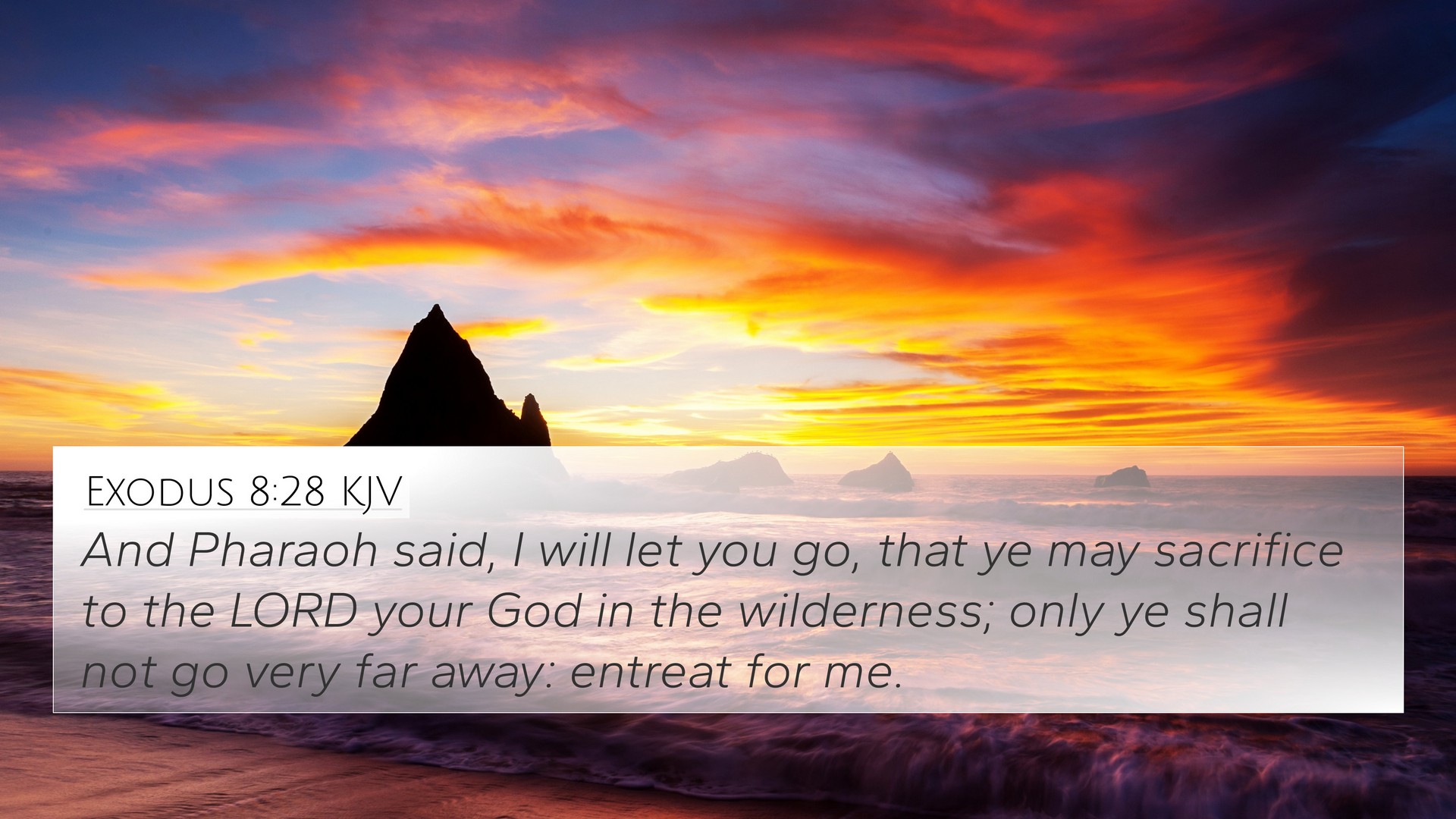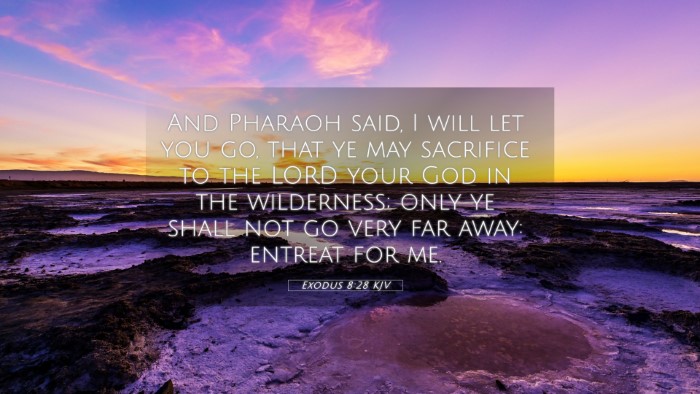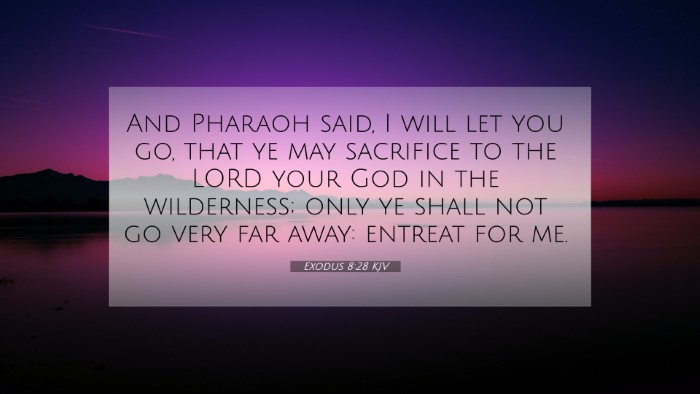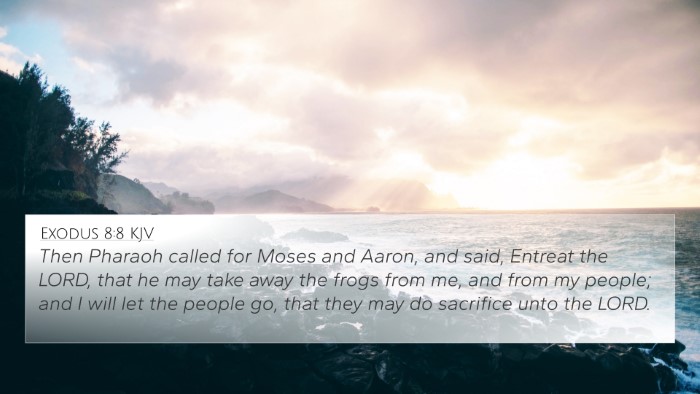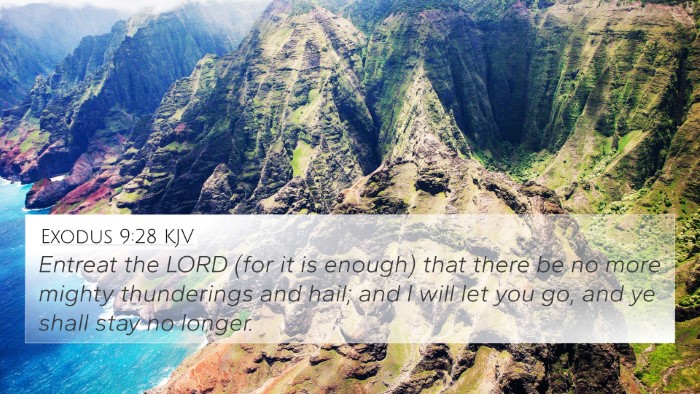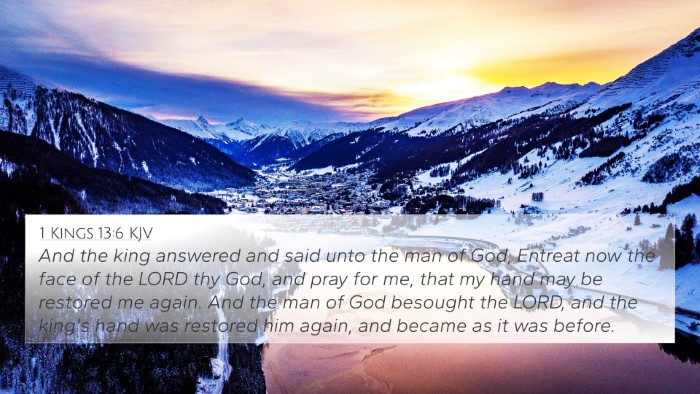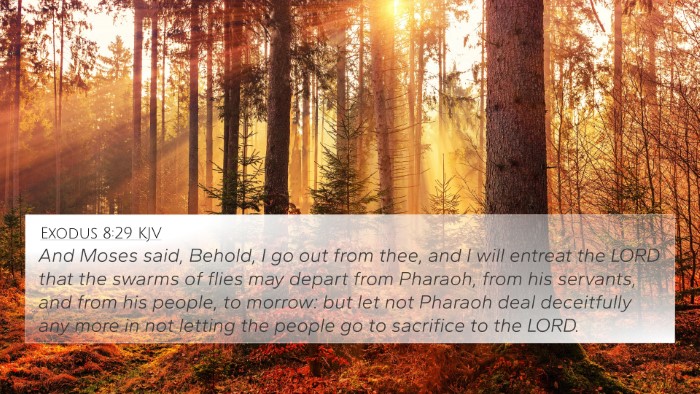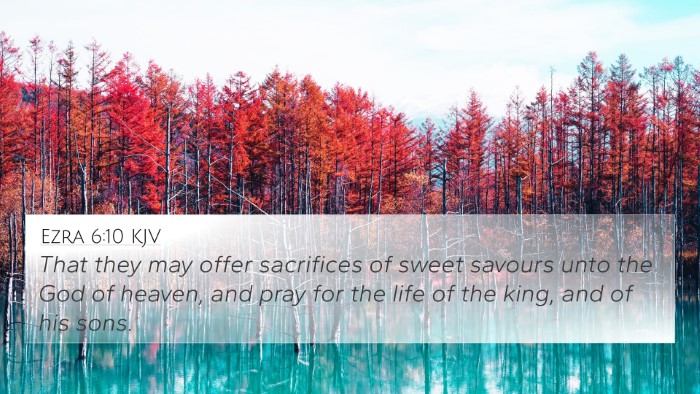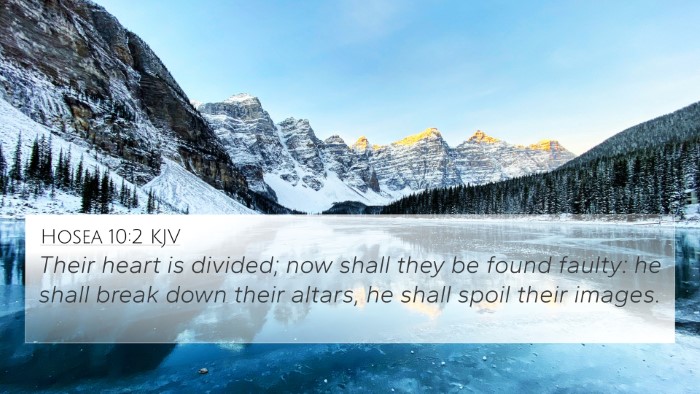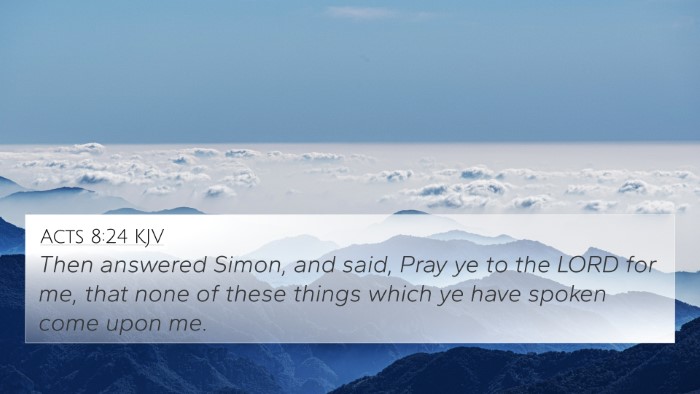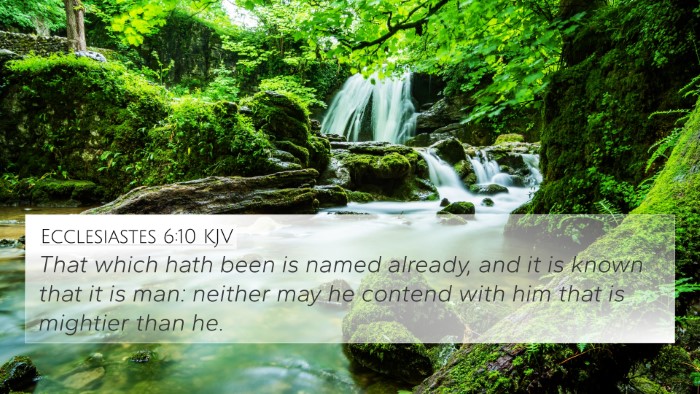Exodus 8:28 - Meaning and Interpretation
Exodus 8:28 states: "And Pharaoh said, I will let you go, that ye may sacrifice to the Lord your God in the wilderness; only ye shall not go very far away: entreat for me." This verse is a significant part of the narrative concerning the plagues of Egypt and Pharaoh's complex relationship with the God of Israel.
Context of the Verse
This verse occurs during the second set of plagues, where God is demonstrating His power over the Egyptian gods and creating a pathway for the Israelites to be freed from slavery. Pharaoh, in his stubbornness, recognizes the need for worship but seeks to limit the distance God's people might travel.
Commentary Insights
- Matthew Henry:
Henry emphasizes Pharaoh's double-mindedness and unwillingness to fully comply with God's demands. He notes how Pharaoh is willing to compromise, suggesting a desire to appease God while still entrenching his power. This suggests the continual struggle between divine authority and human pride.
- Albert Barnes:
Barnes highlights the significance of Pharaoh asking Moses to entreat for him, indicating a recognition of God's power. Barnes also remarks on the limited request of Pharaoh, pointing out his desire to maintain control over the situation, reflecting the tension in his negotiations with Moses.
- Adam Clarke:
Clarke discusses the symbolic meaning behind Pharaoh's request. He illustrates it as indicative of a greater resistance to allow the full freedom of worship, hinting at the spiritual bondage of failure to surrender completely to God's will.
Thematic Connections
The themes in this verse resonate throughout the Bible, particularly regarding the nature of obedience and the complexity of human defiance against divine will. Below are some relevant themes and connections:
- The tension between God's sovereignty and human rebellion (Exodus 5:1-2).
- The call for true worship (John 4:24).
- Pharaoh's hardened heart and resistance to God's will (Exodus 7:14).
- God’s purpose shining through human obstinacy (Romans 9:17-18).
- The concept of partial obedience leading to ultimate disobedience (1 Samuel 15:22).
- Prayer and intercession for leaders and nations (1 Timothy 2:1-2).
- Comparison of freedom in Christ versus bondage to sin (Galatians 5:1).
Cross-References
In studying Exodus 8:28, several cross-referenced verses provide deeper insight into the themes of divine authority and human condition:
- Exodus 5:1 - Moses demands Pharaoh to let the people go.
- Exodus 7:14 - The hardness of Pharaoh's heart.
- Exodus 10:8 - The negotiation for worship.
- Leviticus 23:40 - Nature of worship as commanded by God.
- John 8:36 - The freedom that comes through Christ.
- Romans 1:21 - The folly of refusing to acknowledge God.
- 2 Corinthians 3:17 - Freedom in the Spirit compared to the bondage of the law.
Conclusion
Exodus 8:28 encapsulates the struggle between the sovereign will of God and the frailty of human authority. While Pharaoh acknowledges God's might, his heart remains hardened, indicating a resistance to divine commandments which ultimately affects the fate of Egypt and the Israelites. Understanding this verse helps reveal God's overarching plan of redemption and the importance of surrendering fully to His will.
Additional Resources for Study
- Tools for Bible cross-referencing.
- Bible concordance for thematic studies.
- Bible cross-reference guide for deeper comprehension.
- Cross-reference Bible study for group discussions.
- How to use Bible cross-references for personal insight.
For those interested in understanding the broader narrative of the Bible and the significant connections therein, studying Exodus 8:28 serves as a valuable case study in inter-Biblical dialogue and thematic exploration.
